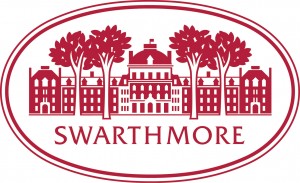 Since its founding in 1864, Swarthmore College has given students the knowledge, insight, skills, and experience to become leaders for the common good. Offering a liberal arts and engineering curriculum, the College is private, yet open to all regardless of financial need. It is also decidedly global in outlook, drawing students from around the world and all 50 states. The diversity of perspectives represented by Swarthmore students, faculty, and staff – including different viewpoints, identities, and histories – contributes to the community’s strong sense of open dialogue and engagement with ideas and issues.
Since its founding in 1864, Swarthmore College has given students the knowledge, insight, skills, and experience to become leaders for the common good. Offering a liberal arts and engineering curriculum, the College is private, yet open to all regardless of financial need. It is also decidedly global in outlook, drawing students from around the world and all 50 states. The diversity of perspectives represented by Swarthmore students, faculty, and staff – including different viewpoints, identities, and histories – contributes to the community’s strong sense of open dialogue and engagement with ideas and issues.
Read More
Author: LACOL

LACOL Study Groups
Multi-campus study groups for interested faculty, librarians and academic/instructional technologist are forming in Winter/Spring 2016.
Topics may include:
- Online and blended pedagogies for the liberal arts (multi-disciplinary)
- Globally Connected Language Instruction
Live video tagging gives real-time feedback to Pomona’s water polo student-athletes
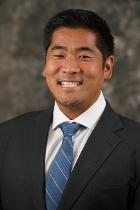
Alex La, Interim Head Coach for the Pomona-Pitzer Men’s Water Polo and Women’s Water Polo programs, is regularly capturing matches on video, tagging clips immediately as the game is live and after as well for more in depth tagging. With tagging live, Pomona has been able to show athletes immediately after matches what occurred during the game more intelligently by showing them clips of specific scenarios. Alex and the coaching staff can also use the equipment, through editing, to create movies of specific themes (offense, defense, power-plays etc.) to instruct team members, provide visual aids, and cite specific examples for the student-athletes to learn from and engage with.

Working Group on Quantitative Skill
LACOL’s Quantitative Skills Group is focused on providing students with the preparation they need to engage in quantitative reasoning across the disciplines. In addition, the group is exploring ways our network may enrich opportunities for advanced study and collaborative faculty-student research.
Activities and Interests of this group include:
- Study group for ongoing dialogue about emerging pedagogies for liberal arts teaching and learning for the quantitative disciplines; comparing campus data
- Collecting and sharing of online and adaptive tools and resources to support student learning
- Experiment with online communities and peer networks to support students and peer tutors
- Opportunities to connect faculty and students for upper level learning through online exchange
A major initiative of the QS group is the QLAB Project, an initiative to develop a set of online Q-bit modules to support students with quantitative skills and reasoning across the disciplines.
Q-bit prototypes:
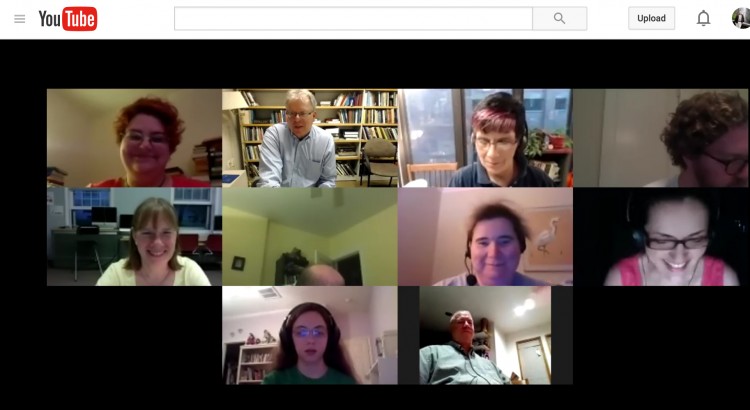
Experimental Pedagogy Workshops
LACOL is developing plans for a series of “Experimental Pedagogy Workshops” to promote experiential teaching and learning of new pedagogies for the liberal arts. The workshop format will invite faculty to lead the audience through the class experience of the new approach or technique.
Read More
About Vassar College
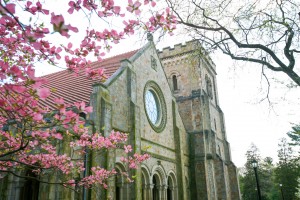
Location
In the scenic Hudson Valley, 75 miles north of New York City, in Poughkeepsie (area population, about 100,000). Vassar is in a residential area three miles from the city center.
Campus
1,000 picturesque acres ranging from the manicured lawns and formal gardens of the main campus to the meadows and woodlands of the Vassar Farm. Over 100 academic and residential buildings ranging in style from collegiate gothic to modernist, including two National Historic Landmarks.
Read More

Working Group on Language Instruction
LACOL’s Language Instruction Working Group focuses on both theory and effective practices for teaching languages and literatures, using the latest networked technologies to enhance the learning experience.
Activities and Interests of this working group include:
- LESSER TAUGHT LANGUAGE GROUP: Partnering across our member schools to enhance opportunities for students learning lesser taught languages
- EFFECTIVE PLACEMENT/DIAGNOSTIC FRAMEWORK: Designing or adapting effective placement toolsCreating bridge/refresher modules
- DIGITAL STORYTELLING GROUP: Collaboration on storytelling for language instruction
- Exploring online learning communities for language learners (multi-campus cohorts) or peer tutors
| Language Instruction Intranet Home: https://lacol.net/collab/ |
|---|
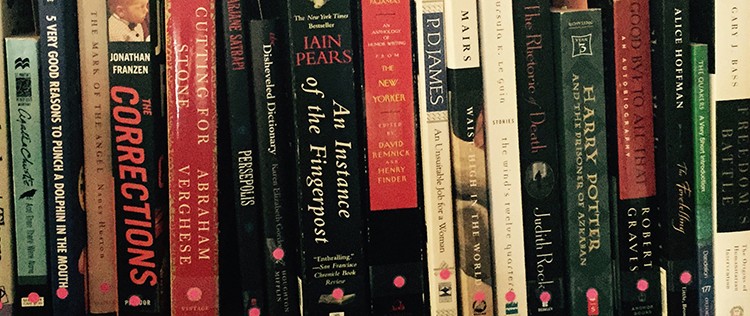
Working Group on Active & Engaged Reading
LACOL’s working group on Active and Engaged Reading focuses on the role of reading in liberal arts teaching and learning. At liberal arts institutions, we want to meet students where they are and support their ability to read in the variety of ways they will encounter in college. AER is also interested in how different technologies may enable new reading pedagogies through means such as text mining, group annotation or collaborative reading techniques.
Activities and Interests of this group include:
- Is reading changing for our students in a digital age? If so, how?
- Regular dialogue on emerging pedagogies for Engaged and Active Reading
- Technologies for Engaged and Active Reading
| Active and Engaged Reading Intranet Home Page: https://lacol.net/collab/ |
|---|
Exploratory group projects:
- MULTI-CAMPUS “BIG READ”: collaboration to engage students and alumni in online discussion around a common text
- COLLABORATIVE COURSE OFFERINGS: designing an online/blended learning experience related to modes and skills of reading for the liberal arts
- DIGITAL TOOLS FOR READING: curating or building digital tools for scholarly reading
About Williams College
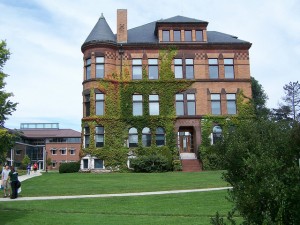 Established in 1793 with funds bequeathed by Colonel Ephraim Williams, the college is private, residential, and liberal arts, with graduate programs in the history of art and in development economics. The undergraduate enrollment is approximately 2,000 students.
Established in 1793 with funds bequeathed by Colonel Ephraim Williams, the college is private, residential, and liberal arts, with graduate programs in the history of art and in development economics. The undergraduate enrollment is approximately 2,000 students.
The student-faculty ratio is 7:1.
Williams admits U.S. students without regard to their ability to pay. The college meets 100 percent of every admitted student’s demonstrated financial need for four years. More than half of all Williams students receive financial aid from the college.
There are three academic divisions (languages and the arts, social sciences, and science and mathematics) that encompass 25 departments, 36 majors, and several concentrations and special programs. The academic year consists of two four-course semesters plus a one-course January term.
Fraternities were phased out beginning in 1962. Coeducation was adopted in 1970.
The school color is purple. The mascot is the Purple Cow. Sports teams are called “Ephs.” Read More
Consortium-wide LACOL Workshop at Pomona College
On June 1-2, 2014 the Liberal Arts Collaborative for Digital Innovation (formerly Liberal Arts Consortium for Online Learning), also known as LACOL held its initial Workshop on the campus of Pomona College. Fifty faculty and staff came from member institutions representing expertise in the Humanities (10), Sciences and Mathematics (19), Social Sciences (6), Libraries (5), and Information Technology (10).
In preparation for the workshop, Founding Co-Directors Andrea Nixon and Bryan Penprase visited all eight participating institutions to help identify areas of common interest. Three strong themes from the site visits served as organizing elements for the gathering.
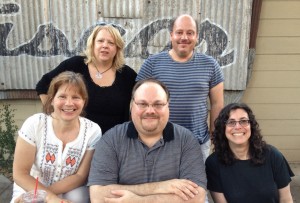
June 2014
• Preparing Students for Engagement Through Quantitative Skills and Active Reading
• Effective Teaching and Learning with Technology
• Language Instruction and Technology
Read More



